The Department for the Economy (DfE) is working with a range of bodies to establish what planning permissions and waste management consents are required for each anaerobic digester operating in NI.
“If it is found that generators are operating without the appropriate consents, this exercise will then allow the relevant authority (ie district councils or NIEA) to take appropriate action,” said DfE permanent secretary Noel Lavery.
However, writing in DfE’s annual report, Lavery defended the incentive scheme for generating renewable electricity in NI, stating that the NI Renewables Obligation (NIRO) does not have “the same vulnerabilities” as the botched Renewable Heat Incentive.
“The scheme (NIRO) is now closed, the scale of any potential for gaming is much smaller, no public expenditure is involved, and there is limited scope for electricity to be used in a non-purposeful manner,” he maintained.
In 2018, a BBC news report alleged that some anaerobic digesters in NI were operating in name only and were using a loophole to receive subsidy under NIRO.
Writing in the DfE report, Lavery said that independent site visits “immediately disproved” the allegations about “phantom plants”.
Concerns have also been raised by a whistle-blower and the NI Audit Office about the usefulness of electricity generated by some off-grid stations.
Lavery said that a steering group has been investigating the claims and “no evidence on any wrongdoing or fraud has been found to date”.
The NI Audit Office is currently conducting a separate investigation into NIRO, which is expected to be concluded by early 2020.
Read more
Moy Park won’t bail out RHI scheme
RHI hardship unit deemed ‘inadequate’
The Department for the Economy (DfE) is working with a range of bodies to establish what planning permissions and waste management consents are required for each anaerobic digester operating in NI.
“If it is found that generators are operating without the appropriate consents, this exercise will then allow the relevant authority (ie district councils or NIEA) to take appropriate action,” said DfE permanent secretary Noel Lavery.
However, writing in DfE’s annual report, Lavery defended the incentive scheme for generating renewable electricity in NI, stating that the NI Renewables Obligation (NIRO) does not have “the same vulnerabilities” as the botched Renewable Heat Incentive.
“The scheme (NIRO) is now closed, the scale of any potential for gaming is much smaller, no public expenditure is involved, and there is limited scope for electricity to be used in a non-purposeful manner,” he maintained.
In 2018, a BBC news report alleged that some anaerobic digesters in NI were operating in name only and were using a loophole to receive subsidy under NIRO.
Writing in the DfE report, Lavery said that independent site visits “immediately disproved” the allegations about “phantom plants”.
Concerns have also been raised by a whistle-blower and the NI Audit Office about the usefulness of electricity generated by some off-grid stations.
Lavery said that a steering group has been investigating the claims and “no evidence on any wrongdoing or fraud has been found to date”.
The NI Audit Office is currently conducting a separate investigation into NIRO, which is expected to be concluded by early 2020.
Read more
Moy Park won’t bail out RHI scheme
RHI hardship unit deemed ‘inadequate’




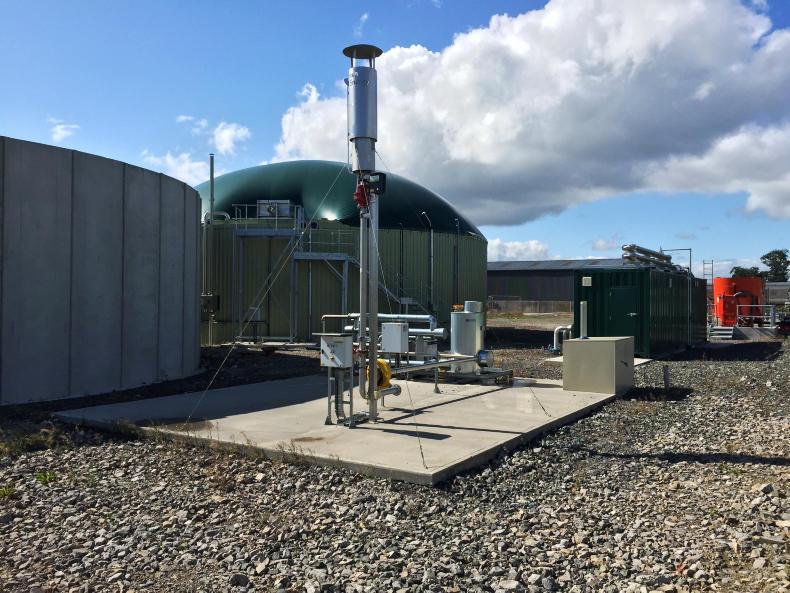
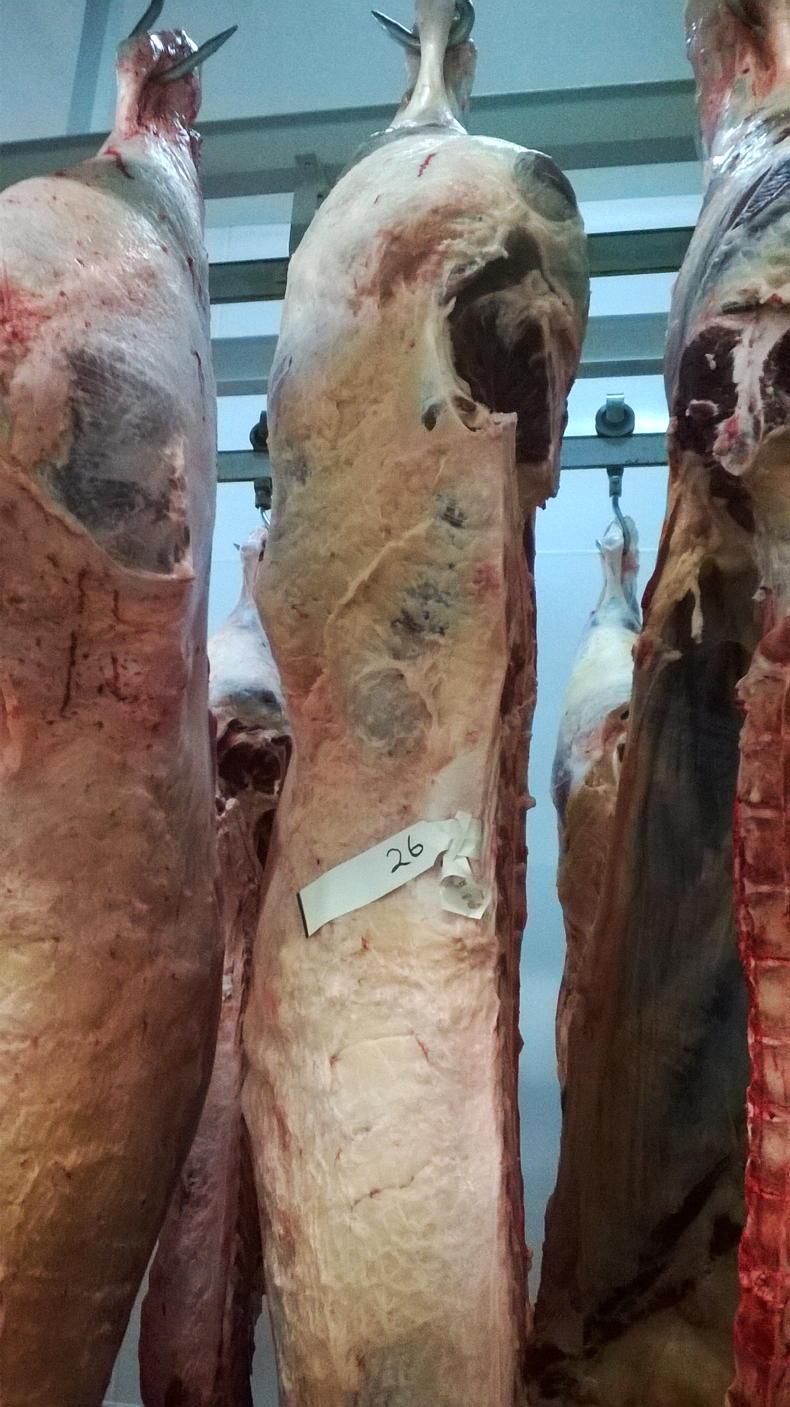
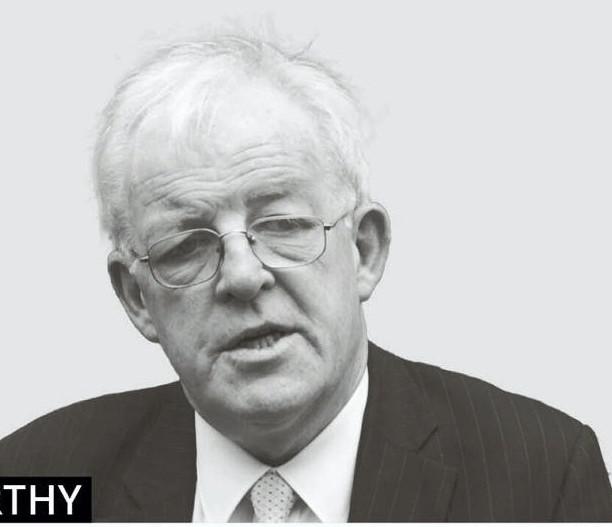
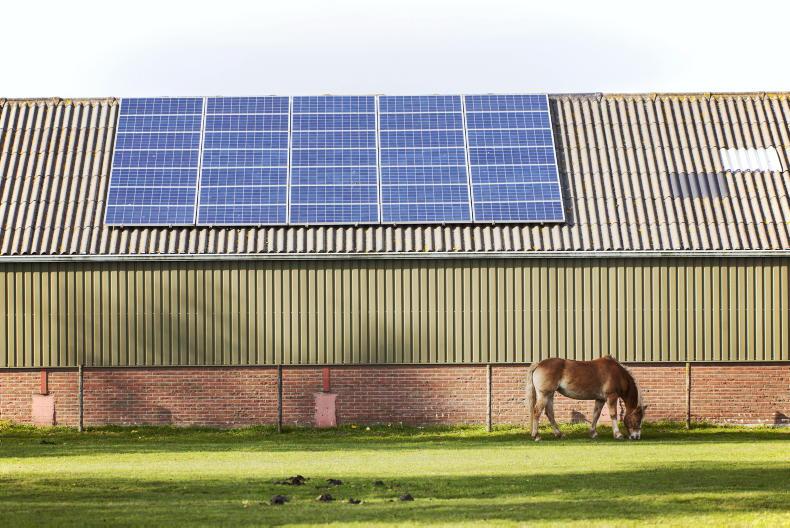
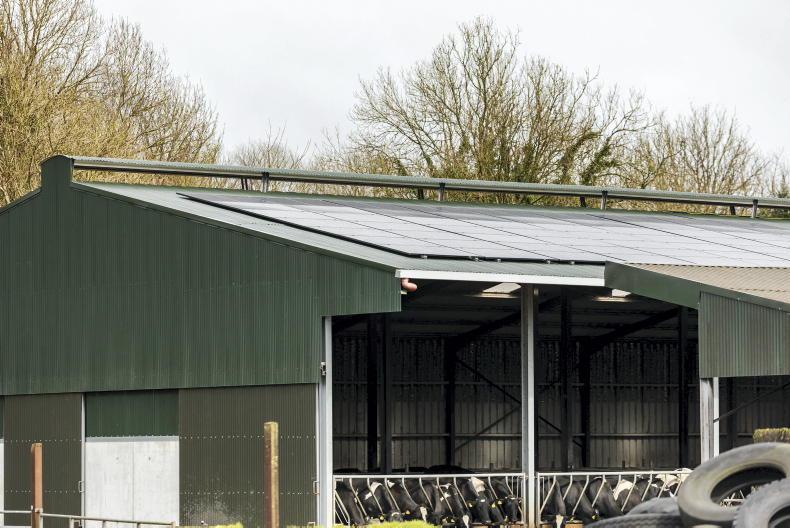
SHARING OPTIONS